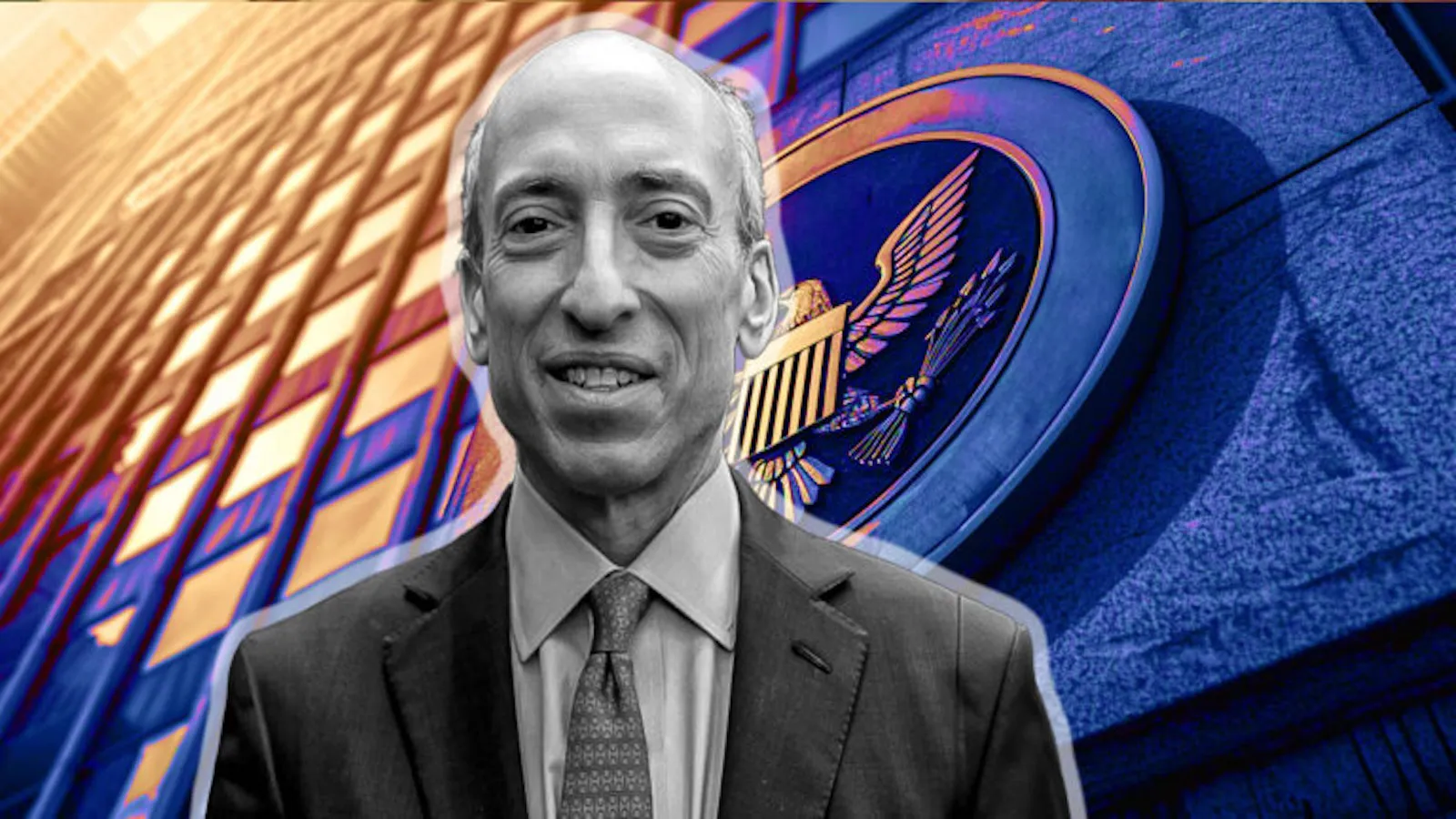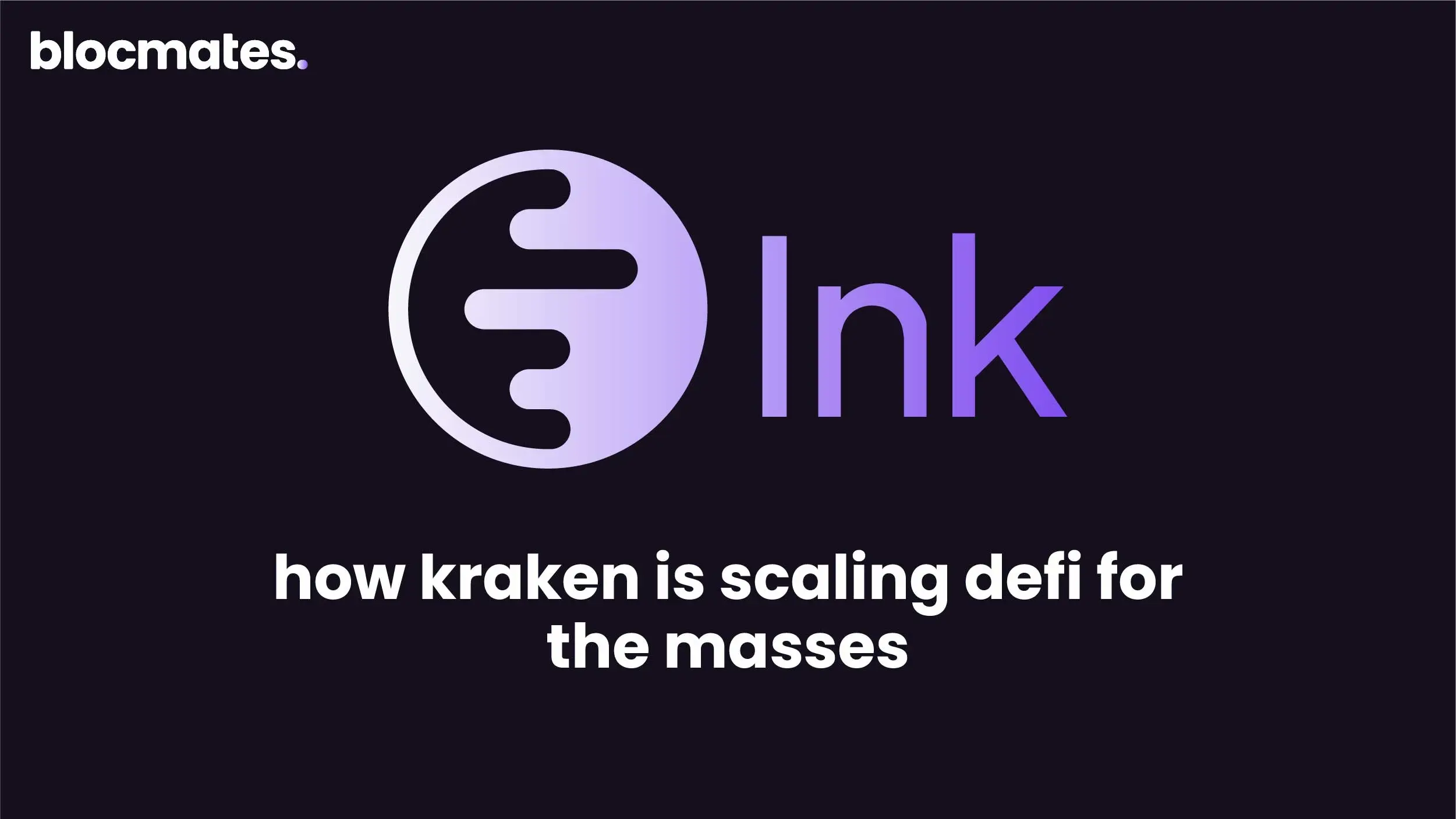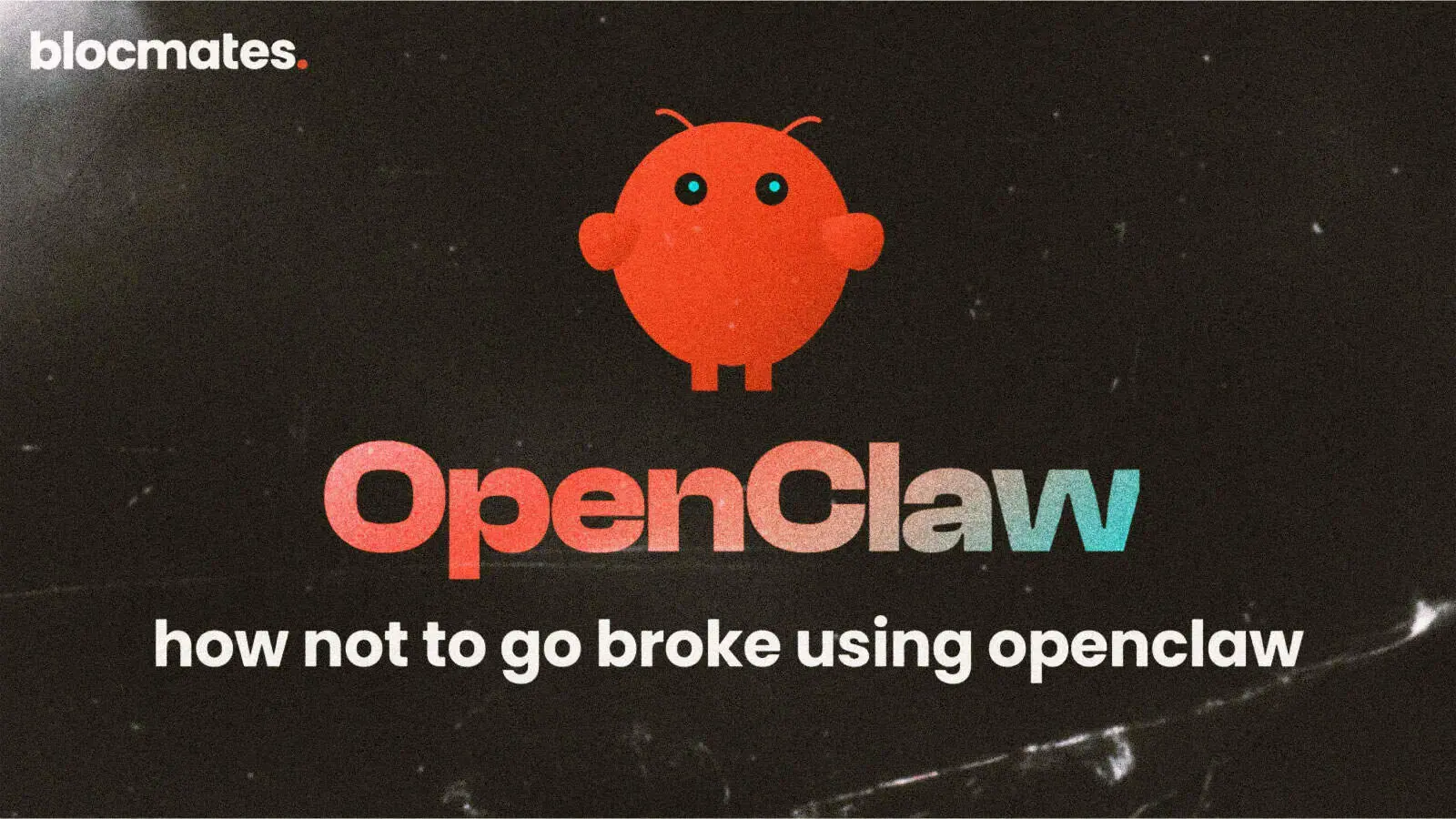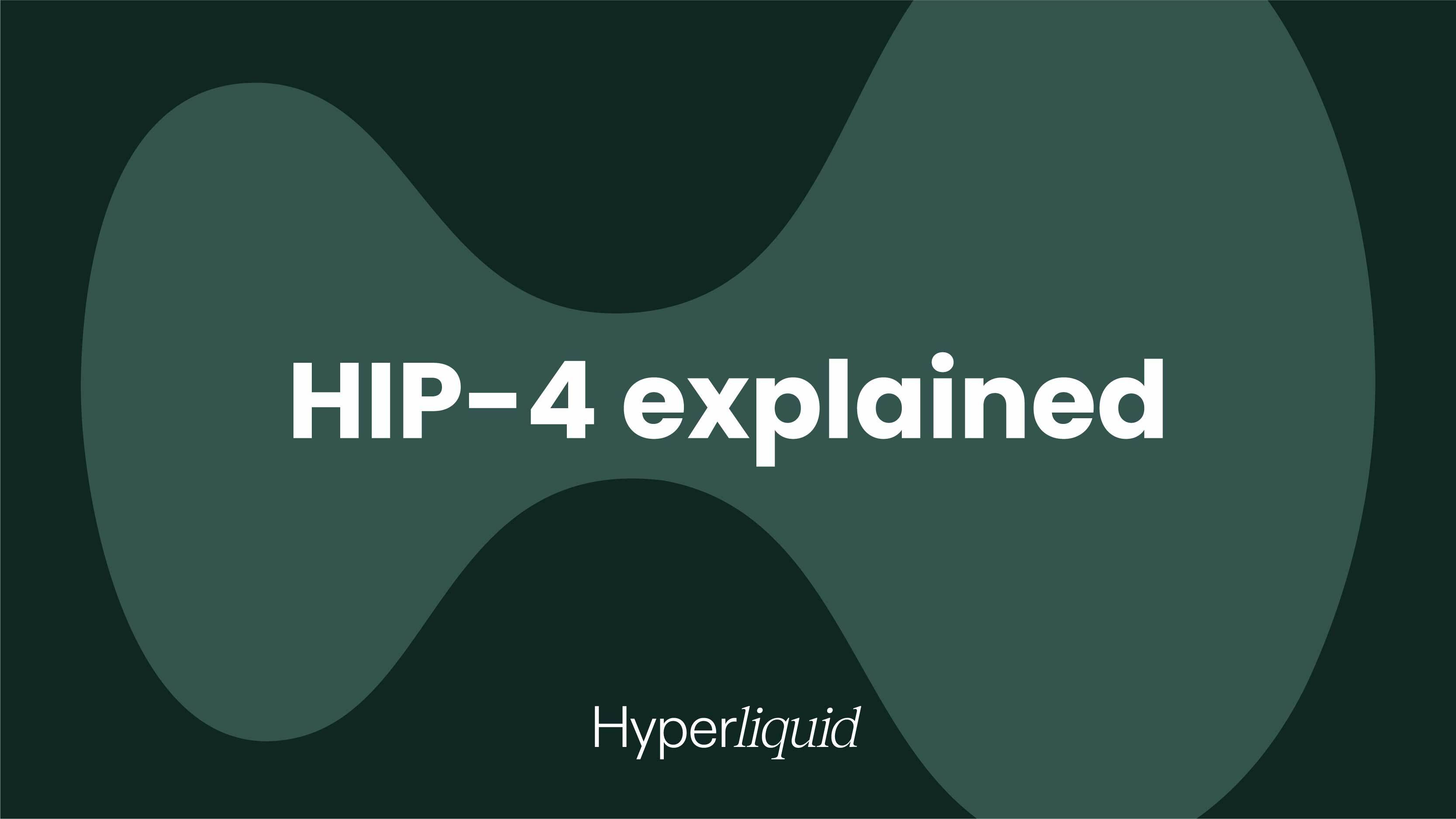Heads-up:
A week back, around 60 firms signed a letter urging White House lawmakers to pass the crypto market structure bill. They pointed out that digital asset firms are currently being forced to comply with US securities laws that were designed nearly a century back, and the technological advances made are not being paid heed to.
Coinbase, Grayscale’s parent Digital Currency Group, Andreessen Horowitz, Gemini and Kraken were among the companies who signed the letter.

Latest Development:
The bill, officially called FIT21 [Financial Innovation and Technology for the 21st Century], is due for vote by the House of Representatives today. Ushered-in by the Republicans, the FIT21 aims to give more power to the Commodity and Futures Trading Commission [CFTC] and takes an inclusive approach towards regulating the crypto space.
Ahead of the vote, SEC chief Gary Gensler, pointed out flaws and said that the FIT21 would create “new regulatory gaps” and “undermine” decades of precedent pertaining to the oversight of investment contracts. This, in turn, would put investors and capital markets at risk, according to the chief.
Specifically, with regards to crypto and blockchain technology, he said,
"The bill would remove investment contracts that are recorded on a blockchain from the statutory definition of securities and the time-tested protections of much of the federal securities laws.”
He added,
“By removing this set of investment contracts from the statutory list of securities, the bill implies what courts have repeatedly ruled - but what crypto market participants have attempted to deny - that many crypto assets are being offered and sold as securities under existing law."
The security vs. not a security debate has been the elephant in the room over the past few years. In fact, the SEC has previously sued companies like Ripple, Coinbase, Binance citing violations on this very front. It has also gone to the extent of branding several assets including SOL, ADA, MATIC, FIL, SAND, AXS, CHZ, FLOW, ICP, NEAR, VGX, DASH, and NEXO as securities.
Now, in his latest contention, Gensler has argued that the securities laws in place were developed after the Great Depression to “protect” consumers. He was in favor of disclosures and noted that it gave both investors and regulators tools to safeguard customers. He continues to complain that people from the crypto realm have been trying to dodge these regulations. Specifically, he said,
“The crypto industry’s record of failures, frauds, and bankruptcies is not because we don't have rules or because the rules are unclear. It’s because many players in the crypto industry don’t play by the rules.”
Another pain point, according to Gensler, is that FIT21 would allow crypto firms to self-certify their crypto products as “decentralized.” This would make them fall under a “special class” of “digital commodities,” and retrospectively help them dodge the SEC’s oversight. Furthermore, he warned that bad actors of pump and dump schemes could use the crypto investment contract label and self-certify that they are decentralized and circumvent SEC enforcement.
Those in favour of the bill continue to point out that the old laws in place did not help in preventing the meltdown of 2022 and ended up hurting investors more than protecting them.


































.webp)

.webp)
.webp)

%20(1).webp)



























































%202.webp)


.webp)

.webp)
.webp)
.webp)


.webp)
.webp)

.webp)
.webp)
.webp)


.webp)
.webp)










.webp)


.webp)









.webp)







.webp)




.webp)


























.webp)







.webp)















.webp)

.webp)
.webp)

.webp)














.webp)

.webp)


.webp)








.webp)




